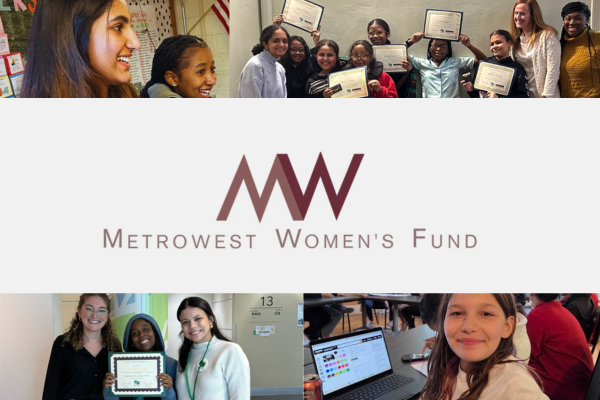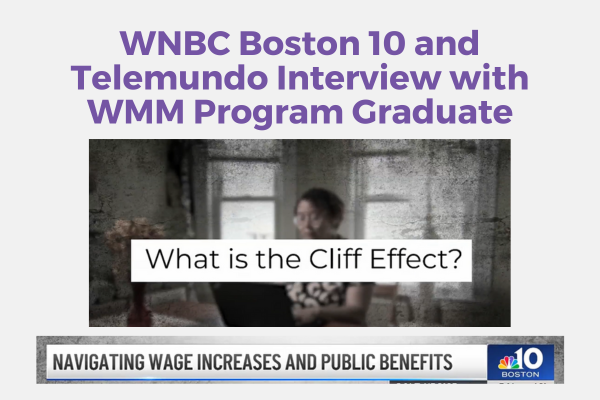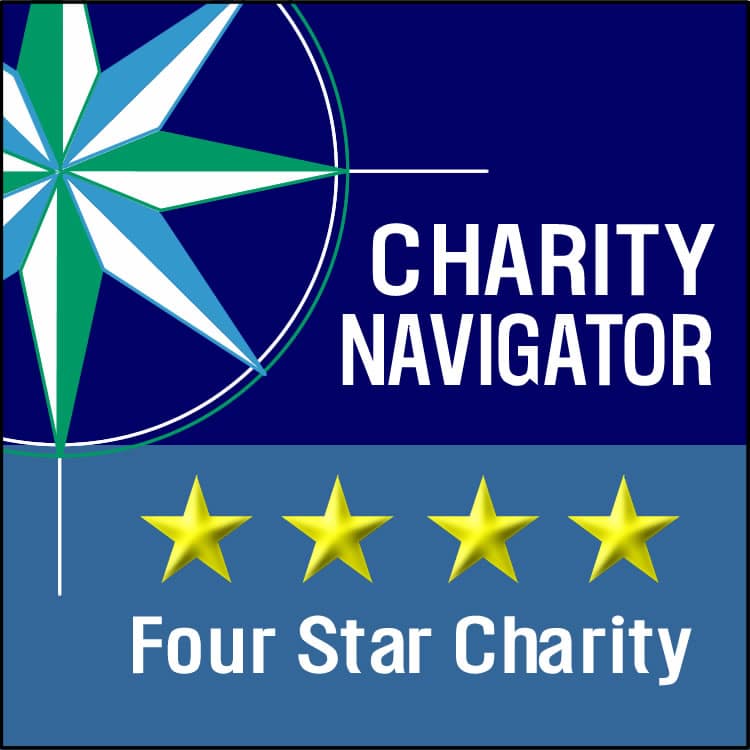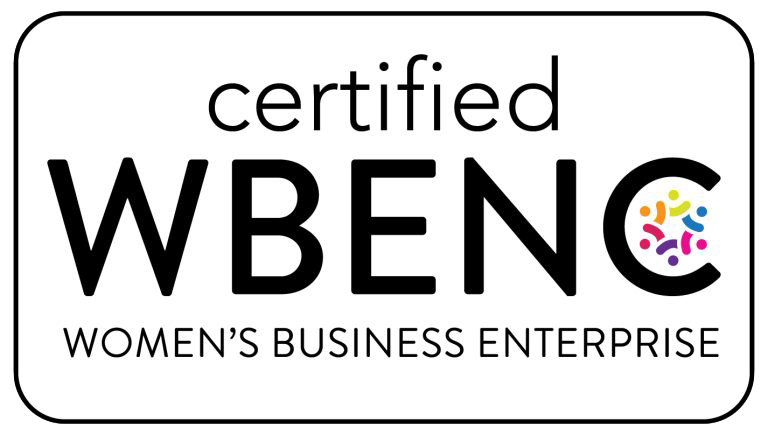
Understanding Money Dysmorphia in Today’s Economic Reality
Women’s Money Matters was recently quoted in The B-Side’s September 16th article about money dysmorphia. Here, we expand on that coverage with additional insights from our community.
The Reality Behind Financial Self-Doubt
Money dysmorphia is an increasingly common experience among young adults. The recent article in The B-Side highlighted a striking reality: “You have enough money to pay the bills and then some. So why does it feel like it’s not enough? Welcome to the world of money dysmorphia — that perpetual financial dread you feel … even when you’re doing just fine.”
The numbers are telling: “A recent Credit Karma study found that 43% of Gen Zers and 41% of millennials say they experience money dysmorphia. Same goes for 66% of B-Side readers we polled.”
The B-Side article identified key factors driving this phenomenon: “Young people’s reference points for financial success are sky-high. But for most people, that success is steadily becoming less attainable. Why? Social media is making it easier than ever to compare our lives and finances to more people (read: wealthier people), while traditional benchmarks of success like homeownership inch further and further away.”
As Women’s Money Matters Director of Volunteer Partnerships, Ariana Contreras, noted “that dysmorphia can feel even worse for BIPOC and low-income folks. Ultimately, our financial footing ‘boils down to generational wealth, and access to family resources and support.’ When you’re not starting out on an equal playing field, money dysmorphia can feel even more extreme.”
When Success Feels Insufficient: A Personal Story
We brought this topic to our online community platform, Connect, and this experience definitely resonates.
“As a member of the Women’s Money Matters community, I’ve been doing the work to get my finances in order. But I still experience money dysmorphia, especially when I’m on social media..It’s not that I haven’t worked hard or made progress. It’s that social media constantly reminds me of the gap between what I thought my education would unlock and the reality I’m living.That disconnect between effort and outcome is where my money dysmorphia shows up the most.
That’s why I value spaces like Women’s Money Matters. They understand that financial insecurity isn’t always about numbers. It’s about context, access, and healing from systems that weren’t built for us. For me, WMM is a space where I can rebuild my financial confidence without shame and that platform they created helps to empower me when I’m working on my financial goals.”
The Psychological Toll and Its Financial Consequences
The B-Side article explained how “bad feelings often = bad financial decisions. That’s for all sorts of psychological reasons.” The piece cited BU Marketing professor Carey Morewedge’s research on how “spending can create the illusion of reclaiming control over your identity (a.k.a. compensatory consumption), or act as a way to metaphorically throw your hands up in the face of a bleak financial future (a.k.a the ‘what the hell effect’).”
The article’s warning was clear: “This kind of spending rarely makes you feel better, and often leads to more spending.”
The B-Side’s recommended solution was to “realign your choices with your values, not your rich friend’s.” Financial therapist Rachel C. Sykes suggested that “money dysmorphia often boils down to the assumption that what’s on your rich friend’s IG will make you happy… So take a hard look at what YOU want for yourself, and let your decisions flow from there.”
As our community continues to grow and support one another, we’re creating spaces where financial confidence can be rebuilt—not despite our different starting points, but because of our shared commitment to supporting each other’s journeys.
Our Programs: Building Financial Wellness Beyond the Numbers
At Women’s Money Matters, we understand that overcoming sensations like money dysmorphia involves more than traditional financial literacy. Our 8-week programs are designed to achieve true financial wellness, and this includes the feeling of empowerment. This transformation happens through practical skill building, personalized one-on-one coaching, and the peer group support that creates safe spaces for healing and growth. Join us as a Participant or Volunteer in an upcoming program!
To learn more about our financial wellness programs for women and girls, connect directly with our Program Team through text or email: 617-297-7376 or programs@womensmoneymatters.org
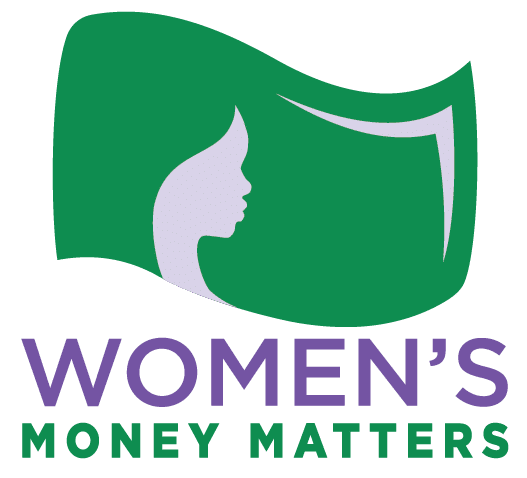


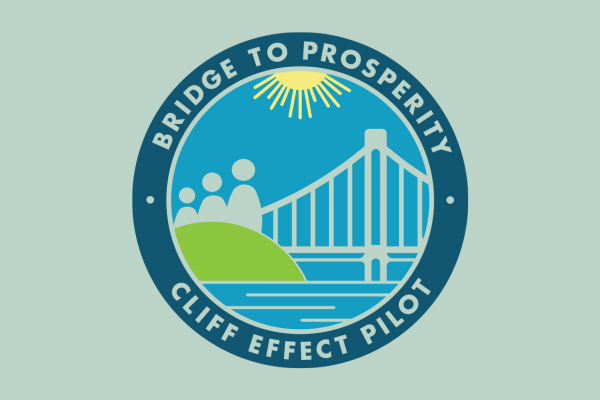



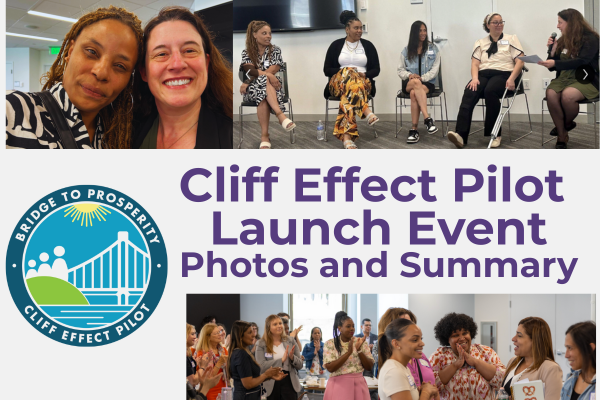
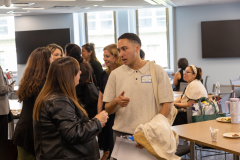











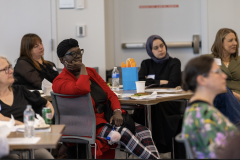


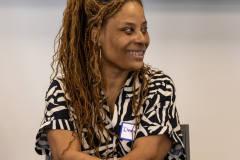






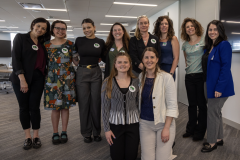


 Investing in women and girls has long-term positive economic returns across generations and throughout communities. And yet, of all philanthropic giving in Massachusetts, only 1.3% is dedicated specifically to programs supporting women and girls. This is lower than the national average of 1.9%, and it is falling (see infographic). These statistics tell a story we’re working to change.
Investing in women and girls has long-term positive economic returns across generations and throughout communities. And yet, of all philanthropic giving in Massachusetts, only 1.3% is dedicated specifically to programs supporting women and girls. This is lower than the national average of 1.9%, and it is falling (see infographic). These statistics tell a story we’re working to change.
